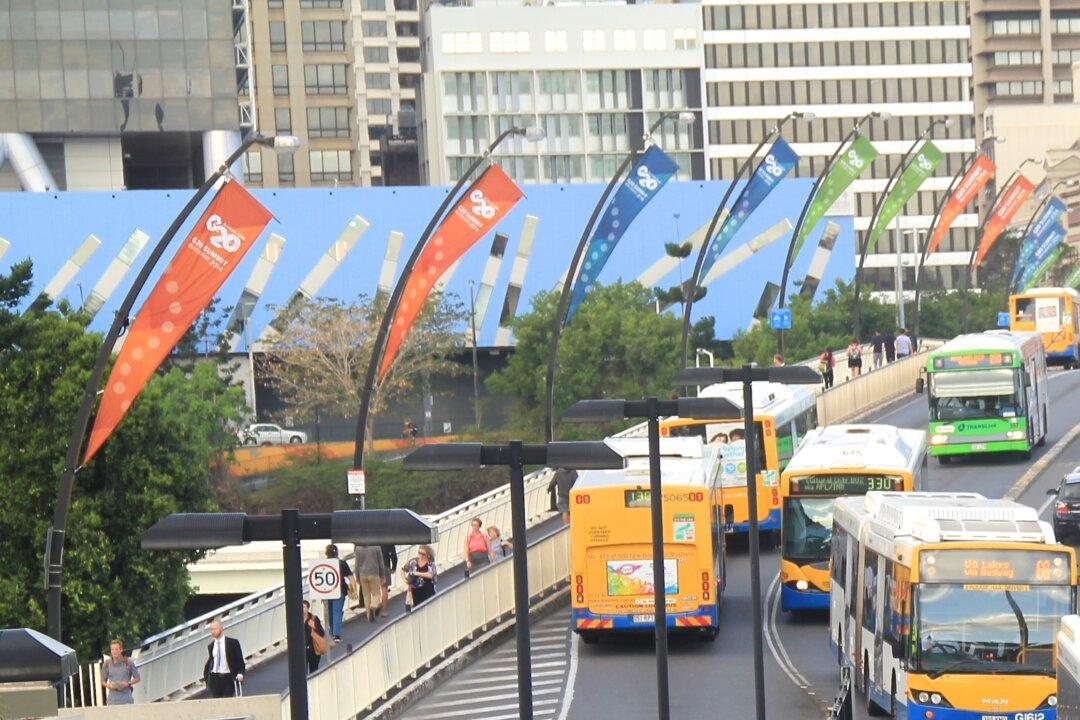BRISBANE, Australia—As security tightens and thousands of police descend on Brisbane for the upcoming G20 Leaders’ Summit, organisers of a parallel People’s Summit have accused authorities of fear mongering and restrictions on freedom of expression.
Queensland Police have already banned two people for fear of violence and have suggested more people may be banned as the event draws closer.
Robin Taubenfeld, spokesperson for the Brisbane Community Action Network (BrisCAN-G20), says authorities and local media are unnecessarily perpetuating the notion of violent protest in the lead up to the G20 summit.
“A response to the G20 isn’t necessarily a protest action,” she said.
Organisers of the People’s Summit, BrisCAN is a network of groups concerned about the environmental and social issues surrounding the G20. Activities planned during their three day symposium Nov 12 -14, include forums, discussions, performances and prayer meetings. It will culminate in a People’s March and Rally November 15.
The Group of Twenty (G20) summit brings together the leaders and finance ministers of 19 countries plus the European Union. It is primarily focused on the global economy.
The People’s Summit is also concerned with economic issues but of quite a different kind. Topics for discussion include growth versus sustainability, climate change, social justice and inequality.
“All the things the G20 is not talking about,” Ms Taubenfeld said
These are concerns held by the average citizen, she said. A meeting with so many leaders provides the opportunity to work cooperatively on “global solutions to global crises”.
“They have the capacity to turn climate change around if they want to and that is what we need to demand,” she said, adding, “It is unacceptable that anyone who is concerned about that is being portrayed as the lunatic fringe.”





